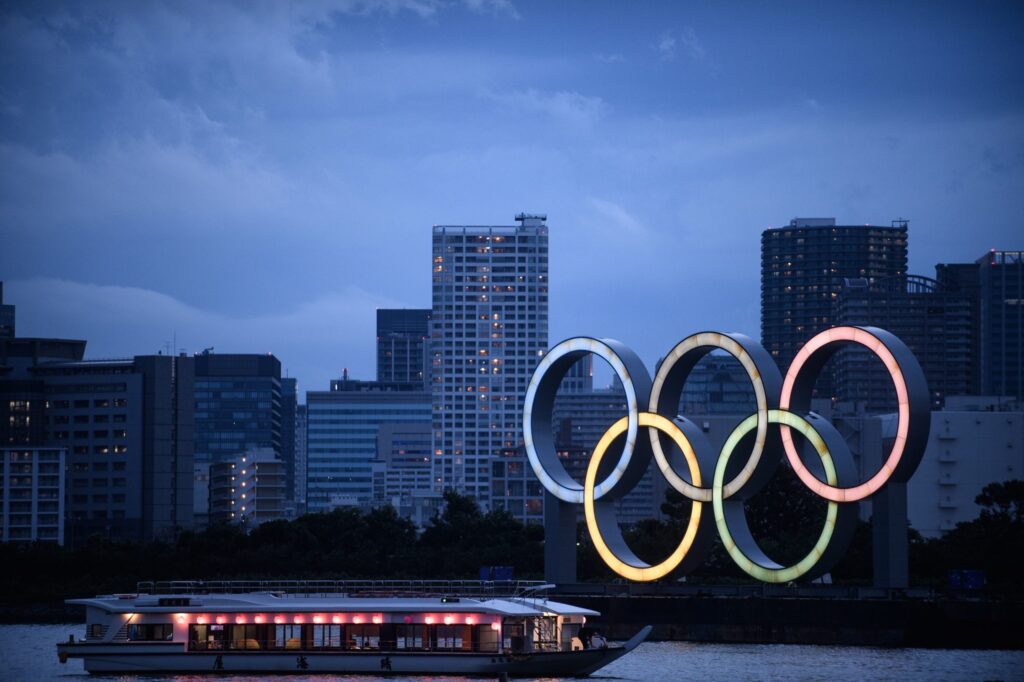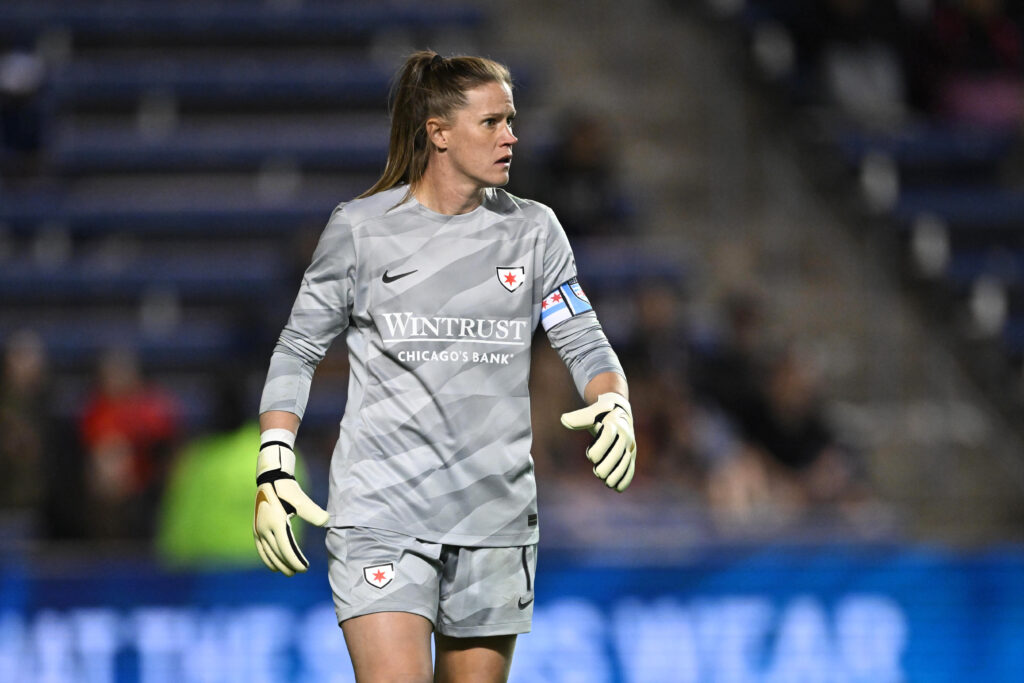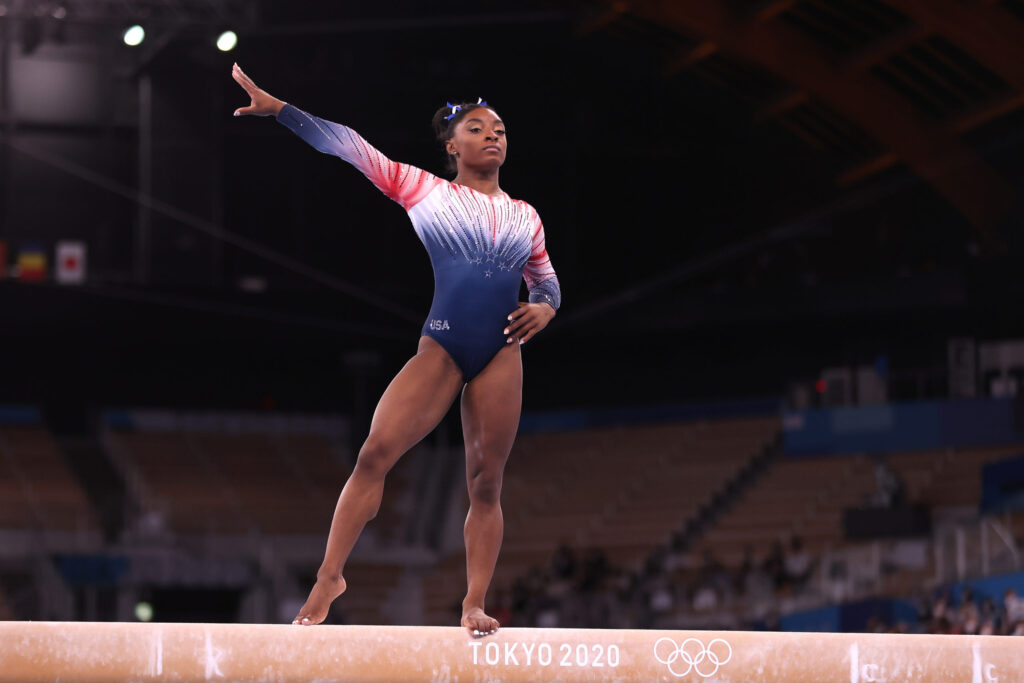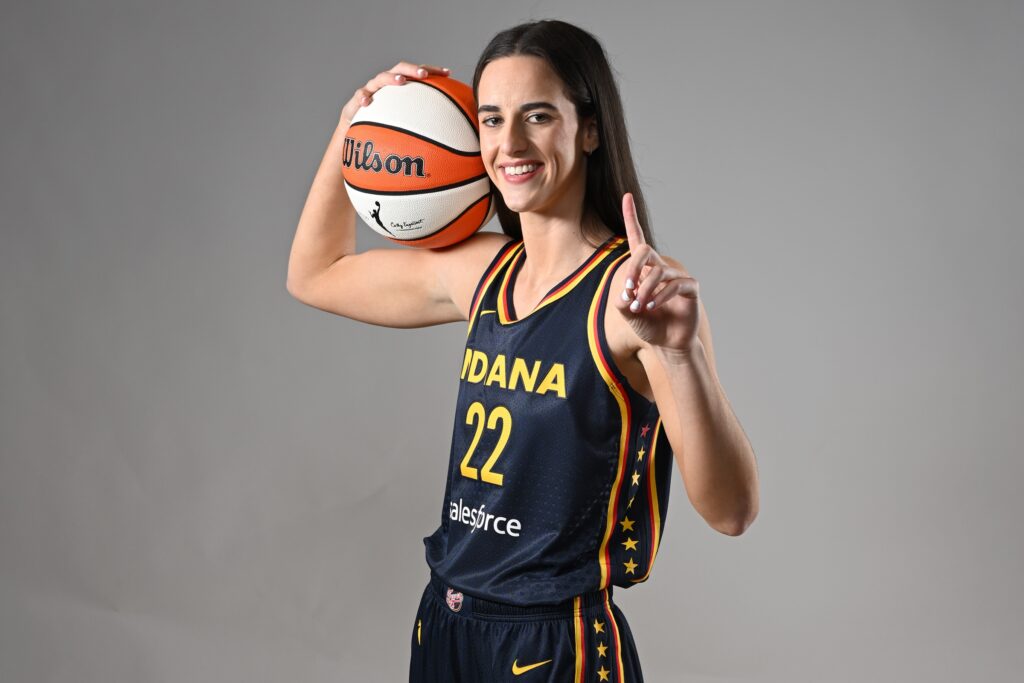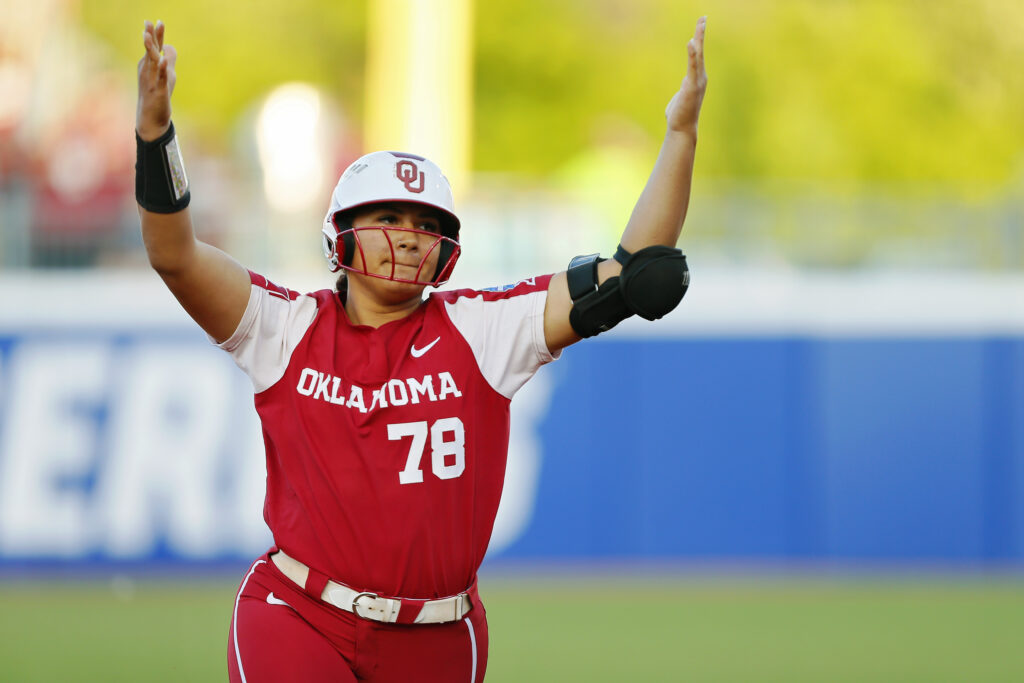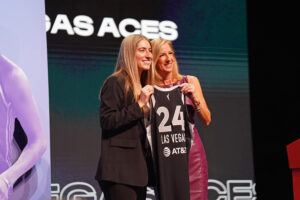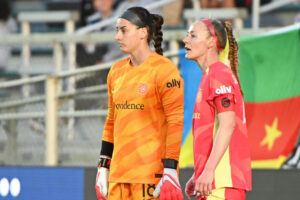The International Olympic Committee announced on Tuesday new framework that will enable international federations to develop their own eligibility criteria surrounding the participation of transgender and intersex athletes.
The new framework replaces a previous 2015 consensus statement and departs from previous IOC policy which governed transgender and intersex athlete participation. Previously, policy had been uniform across all sports, utilizing testosterone levels to determine an athlete’s eligibility in women’s sports.
Rather than requiring international federations to adopt specific policies, the framework focuses on the process of policy development.
“The framework is not legally binding,” said IOC director of the athletes’ department Kaveh Mehrabi. “What we are offering to all the international federations is our expertise and a dialogue, rather than jumping to a conclusion. This is a process that we have to go through with each federation on a case by case basis and see what is required.”
Included in the framework is 10 principles that the IOC is focused on: inclusion, prevention of harm, non-discrimination, fairness, no presumption of advantage, evidence-based approach, primacy of health and bodily autonomy, stakeholder-centered approach, right to privacy and periodic reviews. All principles are meant to be considered when eligibility criteria are developed.
“As with any set of guidelines, the success of this new framework in ensuring a safe and welcoming environment within the Olympic movement will largely depend on the education and implementation process with national governing bodies, international federations, and other key stakeholders,” Athlete Ally director of policy and programs Anne Lieberman said in a statement.
In August, Canadian soccer player Quinn made history as the first openly transgender and non-binary athlete to win an Olympic gold medal.
“This new IOC framework is groundbreaking in the way that it reflects what we know to be true — that athletes like me and my peers participate in sports without any inherent advantage, and that our humanity deserves to be respected,” Quinn said in a statement.
Additionally, the guidelines will consider policy development surrounding the participation of intersex athletes or those who have differences of sex development. South African middle distance runner Caster Semenya has famously found herself at odds with the policy, as her testosterone levels sit higher than the World Athletics policy levels.
